As part of our ongoing series of interviews with contemporary female writers, Millie Walton speaks to Imogen Crimp about her debut novel, trusting her instincts and how a career in music taught her perseverance.
A Very Nice Girl is your first novel. What was the starting point?
I started writing A Very Nice Girl as a response to Jean Rhys’ 1934 novel Voyage in the Dark. It was one of my favourite books as a teenager, and rereading it in my late twenties, I was amazed by how modern and relevant it felt. Rhys writes brilliantly about London as a city of contrasts, about young disenfranchised people living in temporary rooms with strangers, unsure how they’ll ever attain any long-term security, and about the resulting isolation, alienation and fear; and she shows how these circumstances contribute to uneven relationships between powerful men and vulnerable women. When I happened to pick up Voyage in the Dark again in my late twenties, it was October 2017, and the #MeToo movement was taking off globally. I was struck – and quite depressed – by how little seemed to have changed in nearly a hundred years.
I started thinking, then, about how Voyage in the Dark might be translated into a modern setting. Since going to music college, I’d been interested in writing something set in the music world. Rhys’ character is also a singer, so I thought about putting the two ideas together: making my young woman an aspiring singer, struggling to get by in modern corporate London, who meets an older, wealthier man from a totally different world to her, and finds that his influence starts to shape her life. I’d initially thought that I’d follow the plot of Voyage in the Dark much more closely than I ended up doing – as my book developed, I actually moved pretty far away from it – but it was my starting point, and my title is a quotation from Rhys’ book.
How did the story evolve during the writing process?
The story naturally evolved and changed as my understanding of my characters developed: sometimes it was necessary to abandon scenes and moments that worked well plot-wise because they no longer fitted the character. I’d previously always been a little suspicious of phrases like ‘getting to know your characters; – characters are, of course, not real people and they don’t exist outside of words on the page, so I’d always rather arrogantly assumed I could just make them do whatever I wanted. But once I’d thought about and written about my characters for a long time, they did start to seem like coherent entities to me, and it became instinctively obvious that there were certain things they wouldn’t do or say. I’m an obsessive plotter, and so learning to be more flexible in my approach at this point was really important, but it did also feel like quite a magical moment to me.
Like your protagonist Anna, you trained as an opera singer. Do you think that training bears any relationship to the writing process?
Music taught me the importance of practice, which is hugely important for writing. When I sang, I had no expectation that it was going to be right first time. I knew I had to work at it. This is very useful to remember – and possibly much easier to forget – when it comes to writing; it’s ok to try something that doesn’t work, and it’s unrealistic to expect to be churning out perfect words. Music also taught me the discipline to stick with it. Even if you’ll ultimately be performing with others, so much of your life as a musician is spent in a room alone trying to perfect something by yourself; when you’re writing a novel, every day is about this private work – there’s no final performance – which, I have to say, I’m very glad about!
In terms of the actual art form, music is so powerfully able to stir up emotions in the listener; even in musical forms that also have narrative, like opera, there’s an immediate and often intense emotional response elicited by sounds, textures and harmonies. This is also something I’m interested in with writing: how I can create a similarly emotional experience through language. I’m also very tuned in to the way text sounds, and I read everything I write out loud. I’m not sure exactly how I’m judging whether it ‘sounds good’ – that feels pretty ineffable to me – but it’s definitely something I’m thinking about.
What about literary influences? Were there any books or authors that you referred to while you writing the book?
Jean Rhys was an obvious influence, both in terms of plot and style. I’ve always really admired the simplicity and precision of her writing, as well as the claustrophobic intensity of its atmosphere.
I specialised in Rhys and other female modernist writers, such as Rosamond Lehmann and Elizabeth Bowen during my MA in contemporary literature and, while I was writing the book, I often returned to passages by these authors for inspiration. In particular, I found it useful to remind myself of how grammatically flexible writing can be, and how it can explore internal experience and subjectivity, while still having a gripping plot.
How did the character of Max come about?
Max is the opposite to Anna in many ways: he’s older, richer, and more worldly. Crucially, his understanding of Anna’s chosen career is also limited, and his ideas about the worth and value of art are very different to hers. His character was probably the one that developed the most from my original pages. Initially, he was quite obviously dismissive and not especially nice, which made the scenes between him and Anna hard to sustain. I realised that it was more interesting for Max to be an ambiguous character – to explore how a powerful person’s influence can be subtle and even unintentional.
The book is written in the first person from Anna’s perspective, and Max is a withholding character. Anna gradually becomes suspicious and paranoid that Max might not be telling the truth about his life. For quite a long time while writing the book, I also wasn’t totally sure what Max’s backstory was – I had several different possibilities, but I wasn’t set on one. Looking back, this seems quite crazy, but I think it helped me to create a sense of Anna’s limited perspective.
Is there anything about the book you wish you could change?
That’s a very hard question to answer! When I started writing the book, I was fairly close to Anna’s age. Now, I’m much closer to Max’s. So much about my life has changed since I came up with the idea, that it’s quite hard to relate to the person I was then, and I think that if I wrote a book now with the same subject matter, I’d probably do it entirely differently. So, I suppose the honest answer is that I would change either everything or nothing. I try to remember that the book was written by me in the past not me now: I have to let go of it.
As a child did you imagine that you’d end up being a writer?
I wrote all the time when I was a child, and couldn’t ever really imagine doing anything else with my life. I didn’t write for a long period in my late teens and early twenties, I think mostly because I’d developed adult self-consciousness and was crippled by the worry that I wouldn’t be any good – but it was always what I knew I wanted to be doing and, when I came back to it, I felt exactly the same joy in it that I had as a child.
What was it like reading your first reviews?
It’s a strange thing to write something by yourself, only letting a handful of people you know read it, and then to suddenly have it judged publicly. Initially I did read reviews, but I very quickly realised there wasn’t much to be gained from it. I’m not sure you can learn much from either praise or criticism of your work, unless it’s from readers you know that you trust.
One thing I noticed in the reviews that I did read, though, and which I found quite bizarre was the emphasis on the sex in the novel, and the seeming lack of interest in my protagonist’s musical ambitions or in the influence of Jean Rhys; this was a bit frustrating, particularly as there really isn’t that much sex in the book at all. It was hard not to imagine that this focus was as much to do with my age and gender – the general fascination society has with the sex lives of young women – as it was to do with the content of my novel. I suppose what we probably can learn from reviews is the cultural mood: what people are interested in, and how you’re perceived as fitting in with that.
But ultimately, when it comes to the job of writing, you have to be the person you trust the most to decide whether or not your work is any good. I think a large part of developing as a writer is honing that instinct.
Is writing an enjoyable process for you?
Writing can be a hugely enjoyable process, and it can also be an absolutely awful process. I’m gradually learning that if I’m not enjoying what I’m writing, then no one else will enjoy reading it. I know there are lots of writers who have daily word counts, and I’m in awe of them, but I can’t work like that. I only produce good writing when I can find the joy in it, and that’s not a state I can trick myself into. Sometimes I just need to wait for it. That’s not to say that I think you should only sit down at your desk if you feel inspired; if I did that, I’d literally never write anything. As I said before, writing takes practice and discipline. But I’m also learning that some days, some weeks, some months are going to be better than others, and that’s fine.
What’s the best piece of writing advice you’ve been given so far?
A screenwriter friend of mine once suggested when I was stuck with a plot point, that I go back and look at my original idea. I found this incredibly helpful, and actually now have a brief summary of the original idea for my current book pinned on the wall behind my desk. Sometimes when you’re lost and confused, going back to the aspect of your project that first got you excited – a theme, a plot point, a conflict – can show you at what point you strayed away from it, where you might have lost clarity or enthusiasm.
I hear you’re writing your second book. Can you give us any clues as what to expect?
I don’t like giving away too much about what I’m writing before I’ve finished it, but I’ve set myself a formal challenge with my second book, by having it take place in one location over a short period of time.
Quick Fire
What’s next on your reading list?
The Country of Others by Leila Slimani.
Favourite childhood book?
The Jinny series by Patricia Leitch.
An author you think everyone should read?
Doris Lessing.
The last book to make you laugh out loud?
Fear of Flying by Erica Jong.
Ideal writing set up?
Complete isolation.

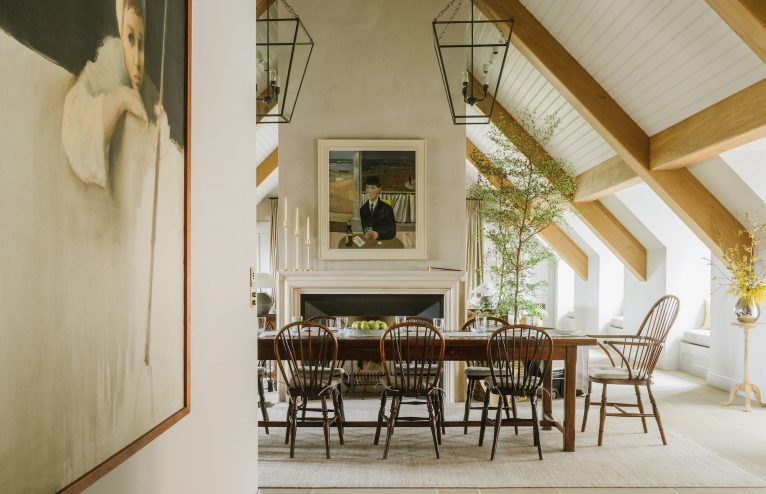
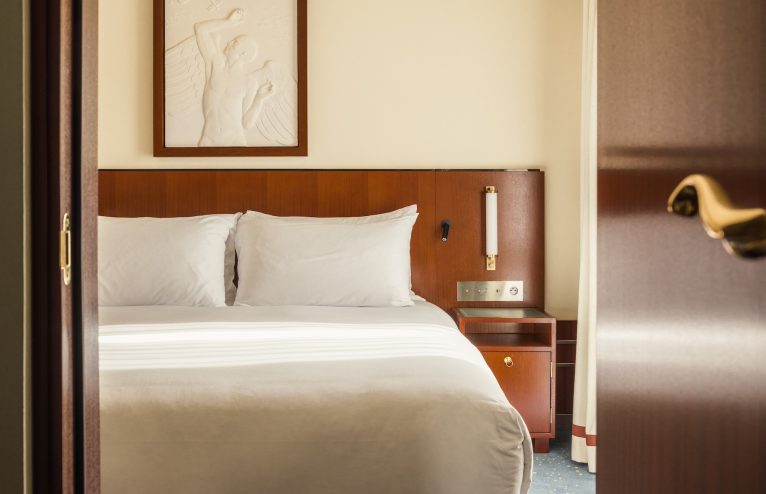
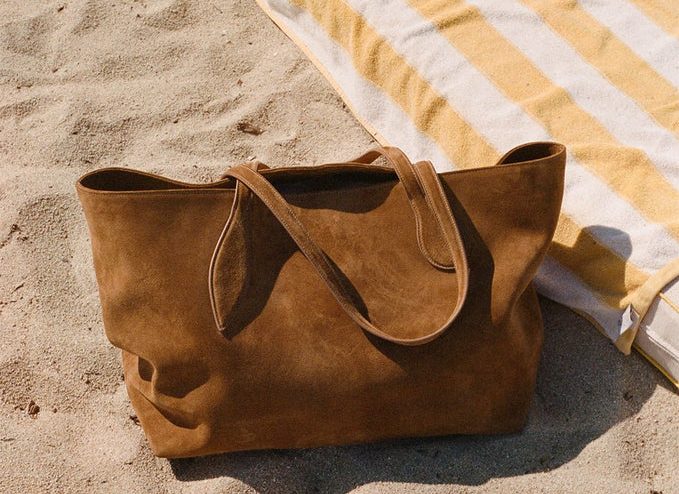
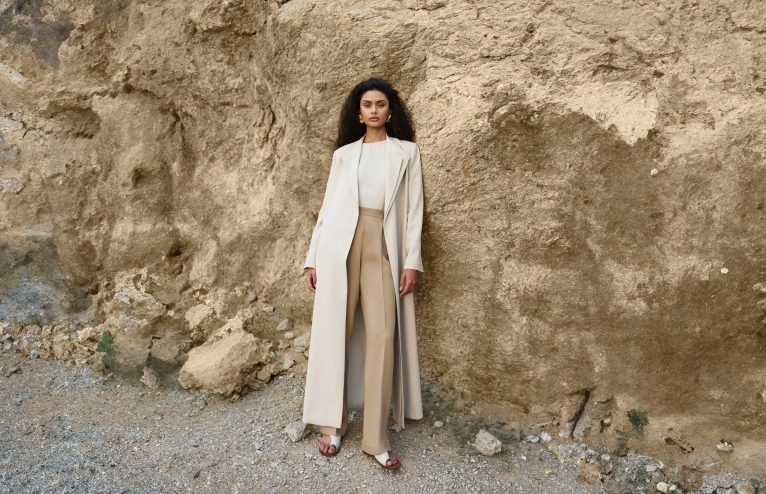
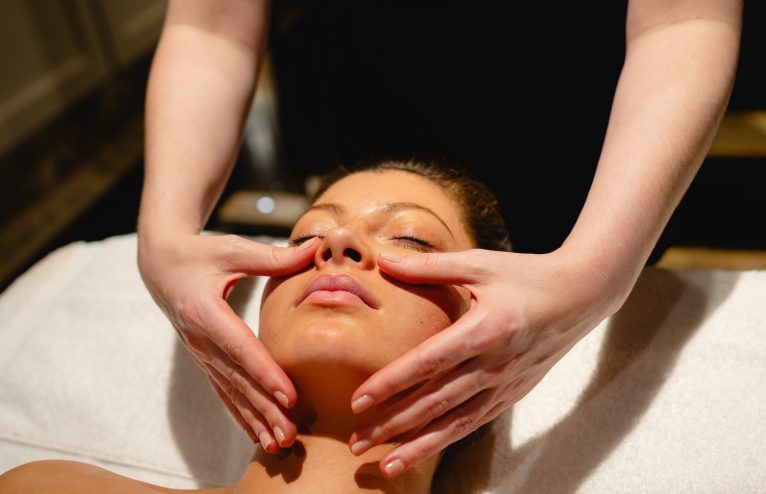
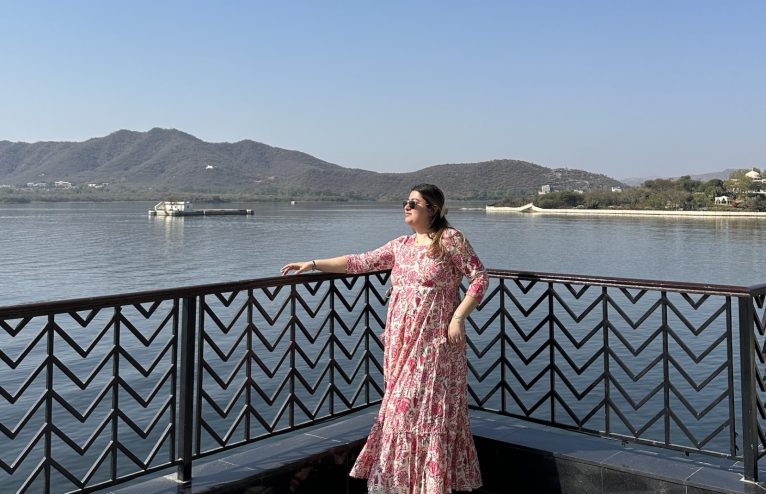
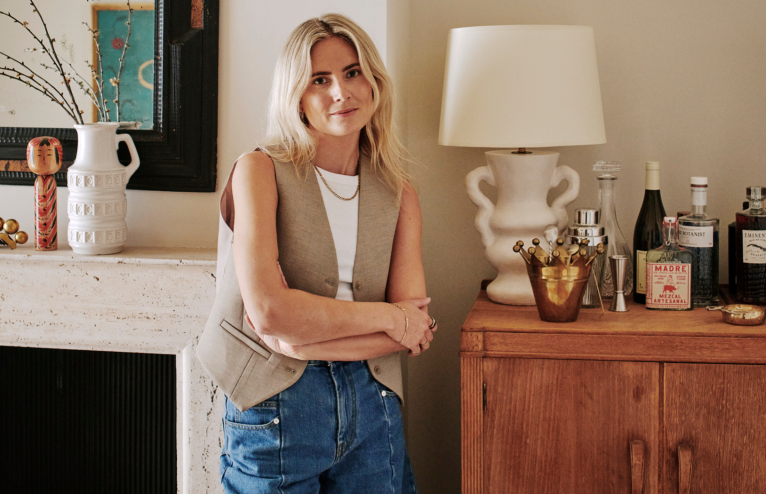
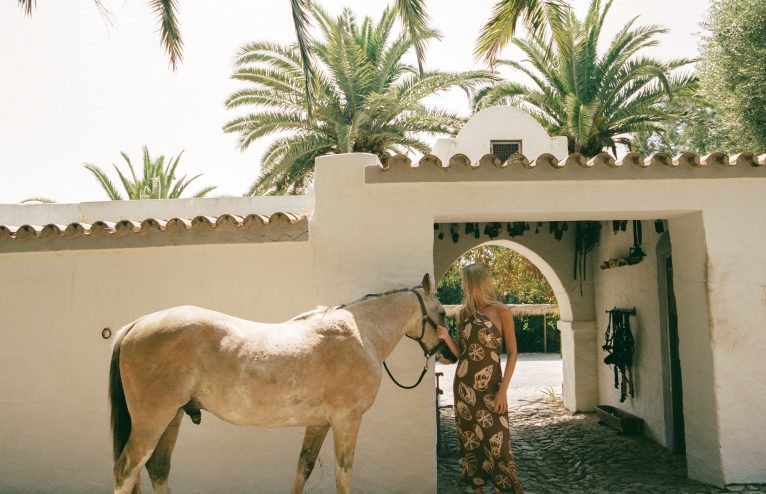
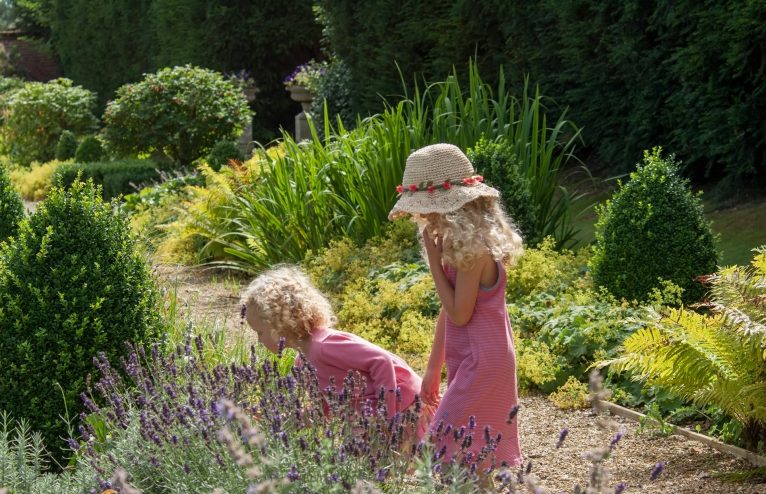

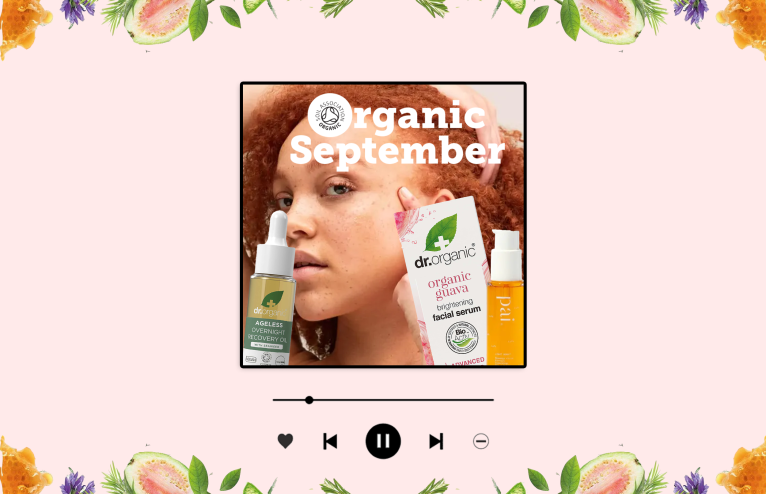
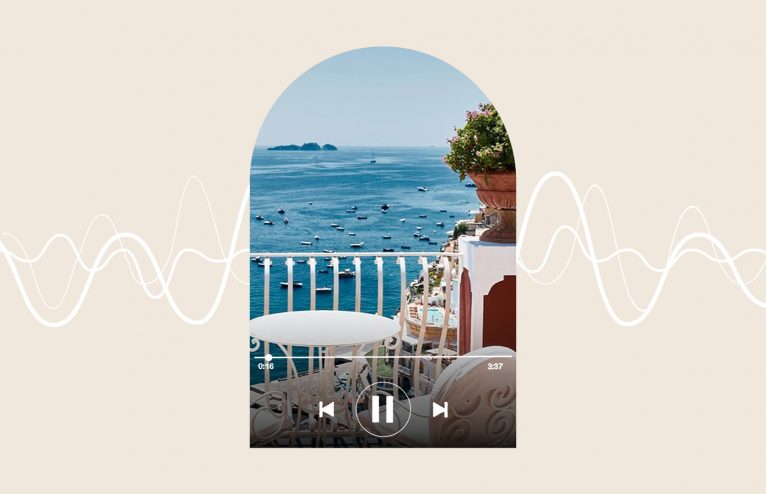
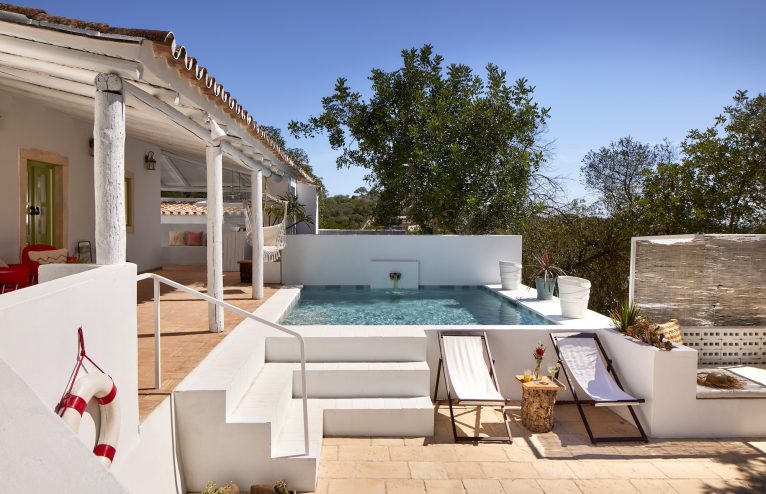


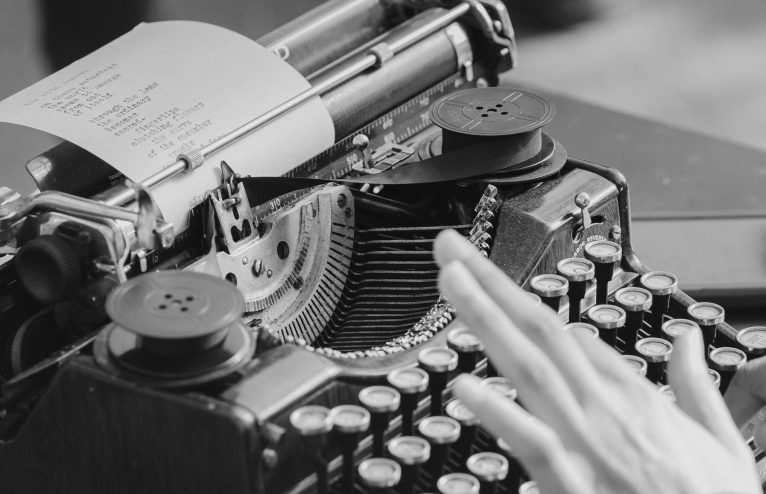
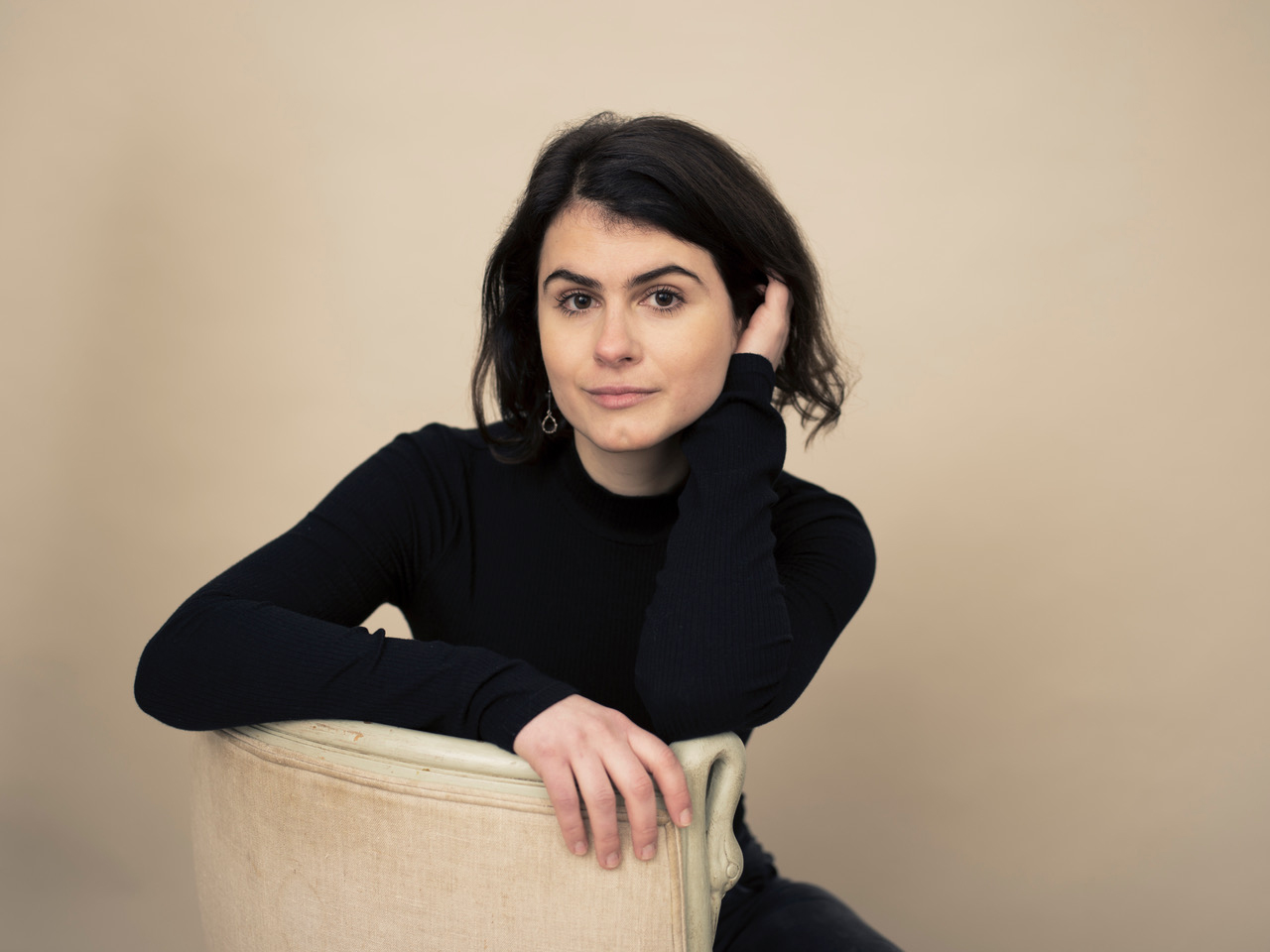
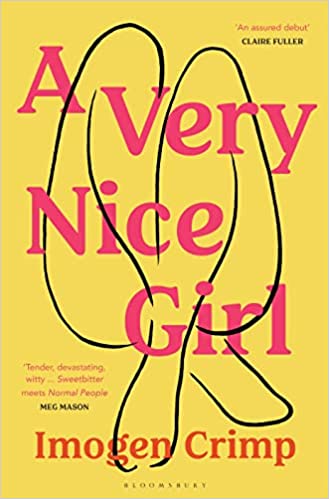
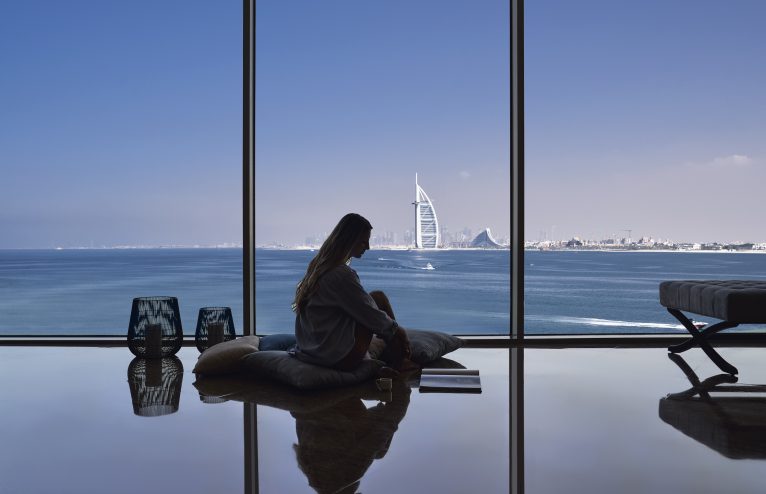
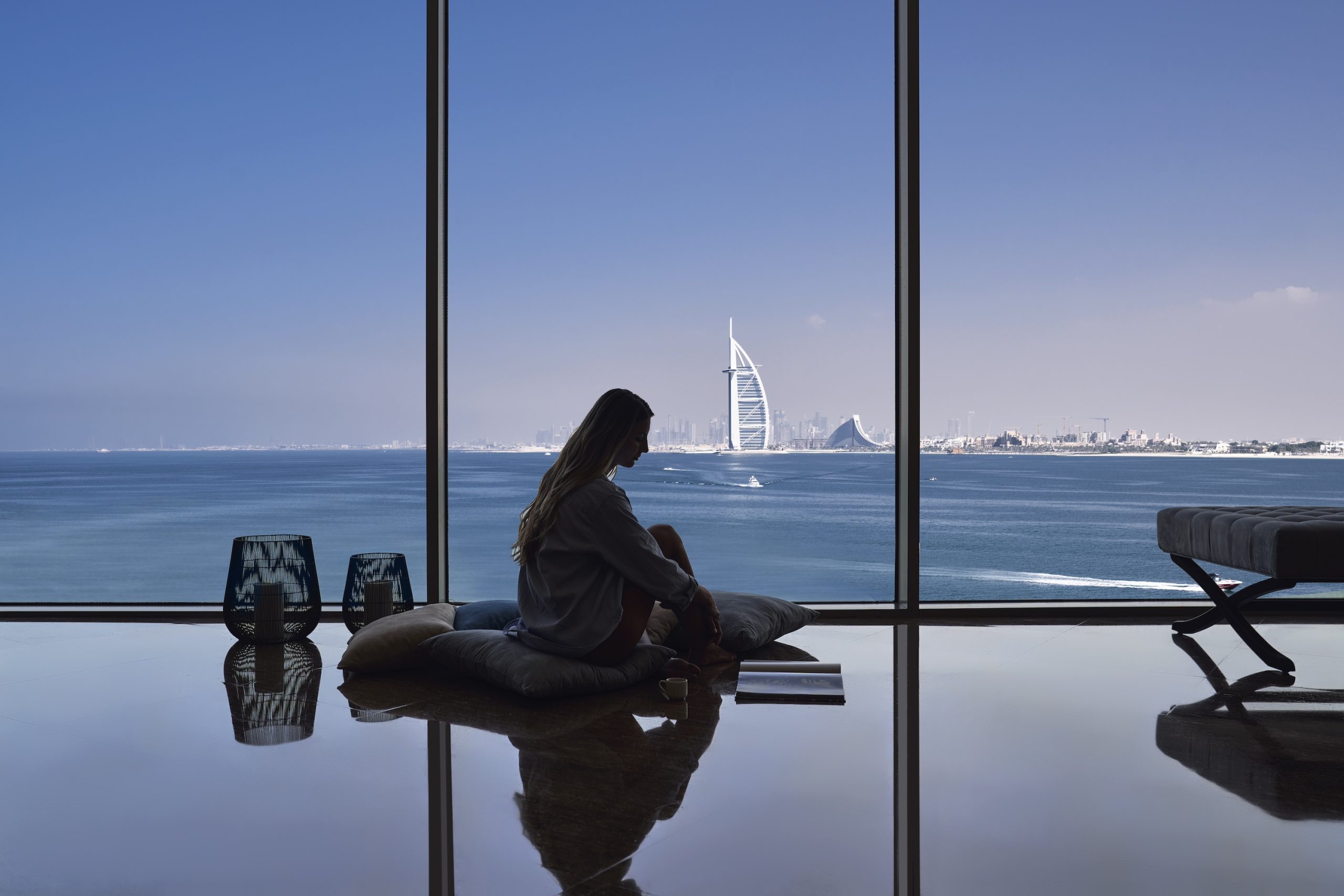
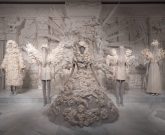

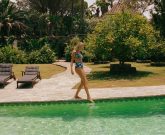
Any Questions or Tips to add?